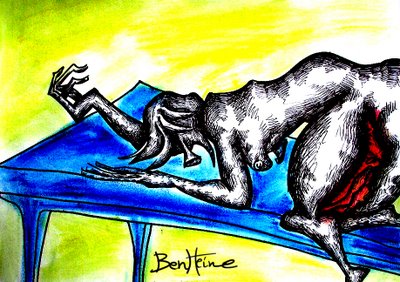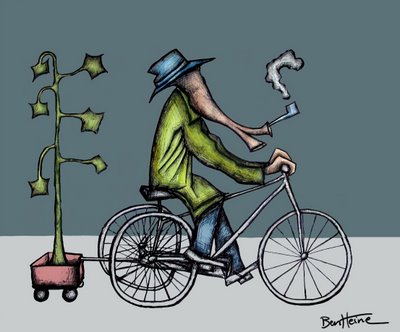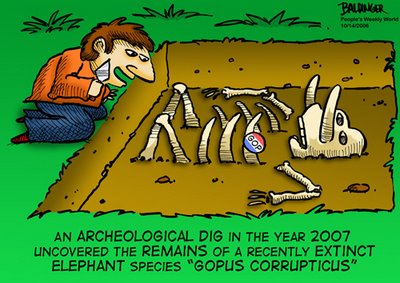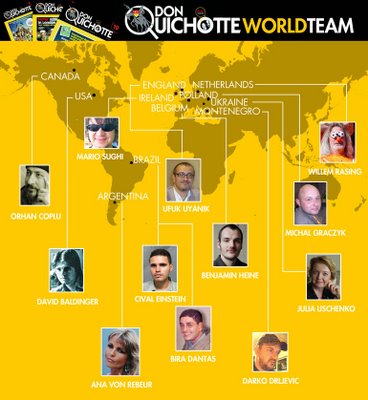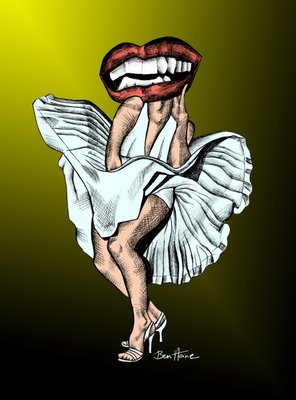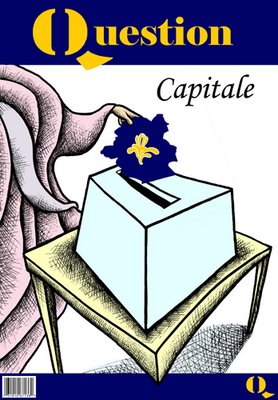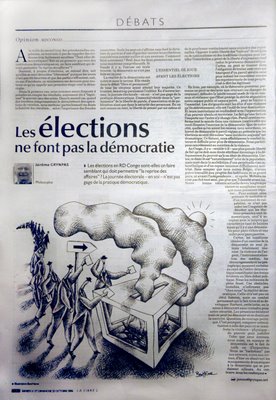
Krüger Workshop 2006
 (Montage : Ben Heine)
(Montage : Ben Heine)
A group of 18 diverse artists joined the 2nd Krüger Professional Artists' Workshop held in one of Germany's most beautiful tourism areas, Garmisch-Partenkirchen.In a 3 hour live presentation Krüger painted an image of the famousGerman composer, Richard Wagner. For more photos and information please visit KRÜGER EXHIBITIONS
Richard Wagner by Sebastian Kruger
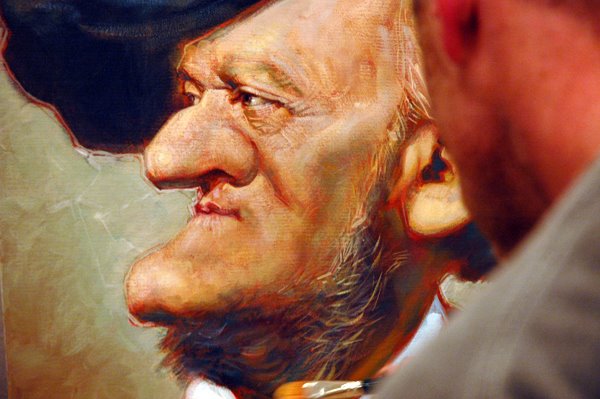 (Photo : Ben Heine)
(Photo : Ben Heine)Kruger Workshop "Team"
(from left to right) Gerald, Ben, Stefan, Jens-Uwe, Jeff, Michael, Glenn, Jeremy, Wolfgang, Stefan, Jürgen, Patrick, Bernd, Henning, Rohan, Sebastian, Andrea,Derek, Siv Grethe
Photo: Bernd
Sebastian Kruger

In the early 1980's Krüger studied painting and graphic arts, and then quickly moved into the professional art world where his iconic 'personality portraits' continue to captivate famous collectors and audiences across the continents. Krüger approaches nearly all of his subjects with a level of respect and sincerity contrasting the often extreme exaggeration of their features. The result is the creation of visually and psychologically explosive 'Krugerized' portraits.
Out
.
Be music now that the rest may follow,
Tread safely out of self-made gloom.
In our hands life has slipped loose
Tumbled down the tatty path of doom.
.
Be music now that the rest may follow,
Release this God-thrown derivation,
This holy communion of flesh
Near our whitened determination.
.
Be music now that the rest may follow,
Move now your thousand bones
Slumping back of your shape
Making its approach toward home.
.
Be music now that the rest may follow,
Embrace it with a gleaming teeth,
Leave now the bittered weeping
And odor of death and defeat.
.
Be music now that the rest may follow.
Copyright © 2006 mrp / thepoetryman

O beautiful for spacious skies,
.
.
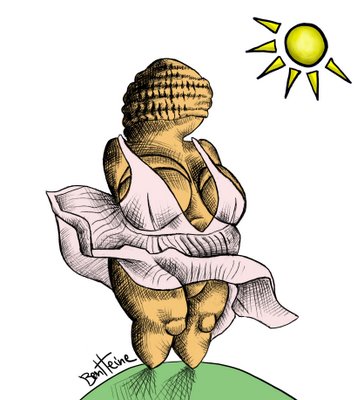
Nowadays, in the captions to illustrations of her in books, the word "Woman" is sometimes substituted for "Venus," a switch that has contributed, together with the current growing sensitivity to the visual representation of women, to a shift in how she is perceived.
One effect of this name change is to remove her from immediate identification as a goddess and to think of her in more mundane, human terms. This demystification, allows us to approach the figure more on its own terms and, without the encumbering preconceptions provoked by a name, gives us a better chance of interpreting its meaning.
The sculpture shows a woman with a large stomach that overhangs but does not hide her pubic area. A roll of fat extends around her middle, joining with large but rather flat buttocks. She is not, as Luce Passemard has pointed out, steatopygous (that is, possessing protruding buttocks). Piette had been the first to use the term steatopygous to describe the "Venus" figurines, regarding it as a racial feature that he related to the appearance of women in African tribes such as the Bushmen, Pygmies and Hottentots (KhoiKhoi). The implication that Aurignacian people may have been African in appearance influenced subsequent interpretations.
Her thighs are also large and pressed together down to the knees. Her forearms, however, are thin, and are shown draped over and holding, with cursorily indicated fingers, the upper part of her large breasts. Small markings on her wrists seem to indicate the presence of bracelets. Her breasts are full and appear soft, but they are not sagging and pendulous. The nipples are not indicated.
Her genital area would appear to have been deliberately emphasized with the labia of the vulva carefully detailed and made clearly visible, perhaps unnaturally so, and as if she had no pubic hair. This, combined with her large breasts and the roundness of her stomach, suggests that the "subject" of the sculpture is female procreativity and nurture and the piece has long been identified as some sort of fertility idol.
A characteristic of all the Paleolithic "Venus" figurines exhibited by the Willendorf statuette is the lack of a face, which for some, arguing that the face is a key feature in human identity, means that she is to be regarded as an anonymous sexual object rather than a person; it is her physical body and what it represents that is important.
From the front, the place where her face should be seems to be largely concealed by what are generally described as rows of plaited hair wrapped around her head.
Close examination, however, reveals that the rows are not one continuous spiral but are, in fact, composed in seven concentric horizontal bands that encircle the head, with two more half-bands below at the back of her neck. The topmost circle has the form of a rosette. The bands vary in width from front to back to sides, and also vary in size from each other. Cut across the groove separating each band at regular, closely-spaced intervals is a series of more or less lozenge-shaped deep vertical notches, some wide, others narrow, that extend equally into the band above and into the band below. These notches alternate between bands to produce the effect of braided or plaited hair. That it is intended to be understood as braided hair seems clear, although it has been suggested recently that the figure is in fact wearing a fiber-based woven hat or cap.
When seen in profile, the impression is that the figure is looking down with her chin sunk to her chest, and her hair looks more like hair; longer at back and falling and gathering like real hair might on her upper back. Some find it significant that the number of full circles is seven; many thousands of years later seven was regarded as a magic number.
Such elaborate treatment of hair is extremely rare in Paleolithic figurines, and the considerable attention paid to it by the sculptor must mean it had some significance. In later cultures, hair has been considered a source of strength, and as the seat of the soul.
Hair also has a long history as a source of erotic attraction that lies, perhaps surprisingly, not so much in its color, style, or length, but in its odor. The erotic attraction of the odor of hair is obviously rooted in the sense of smell, which plays a considerable role in sexual relations. Though greatly diminished in the modern world, smell was paramount in establishing an erotic rapport with a mate, as it still is among animals. In this context, the hair of the woman or goddess represented in the "Venus" of Willendorf figurine may have been regarded as erotically charged as her breasts and pubic area.
Another characteristic of Paleolithic "Venus" figurines is the lack of feet. In the archaeological report of her finding, the Willendorf statuette is described as perfectly preserved in all its parts, so it appears she never had feet.
It has been suggested that possibly the intention was to curtail the figurine's power to leave wherever she had been placed.
A more common explanation is that because the statuette served as a fertility idol, the sculptor included only those parts of the female body needed for the conception and nurture of children. Even if she had feet, though, it seems unlikely that she was meant to stand up. This is even more true of the other Paleolithic figurines.
Nor it seems was she ever intended to lie in a supine position. In fact, her most satisfactory, and most satisfying, position is being held in the palm of the hand. When seen under these conditions, she is utterly transformed as a piece of sculpture. As fingers are imagined gripping her rounded adipose masses, she becomes a remarkably sensuous object, her flesh seemingly soft and yielding to the touch.
What her identity and purpose may have been, why and for what reason she was carved, becomes an even more pressing question. If we dismiss all associations with goddesses and fertility figures, and assume an objective response to what we see, she might be identified as simply a Stone-Age doll for a child.
But this strikes us as unsatisfactory, not the least because of the very high degree of artistic ability exhibited in the sculpting of her forms. Compared with the other Paleolithic figurines in this group, the "Venus" of Willendorf is a remarkably realistic representation of a fat woman.
This analysis appeared on http://witcombe.sbc.edu
By the same author, see :
- Mother Goddess
- Women in the Stone Age
- What is in a name?

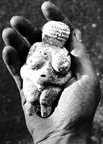
Beauty : Making sense of sex appeal
By Jerome Burne (*)
We all recognise beauty when we see it, but what makes a beautiful face is something that few can agree on. Is there some mathematical combination of angles, ratios and proportions that produce an equation for beauty , making one face more beautiful than another? Or is beauty like a work of art a matter of opinion, taste and culture?
These questions were familiar to the Greek philosophers 2,500 years ago, when the face of Helen launched a thousand ships, just as they are pondered today when Princess Diana launches a thousand magazines.
In the last year a flurry of research has provided new insights into the origins of beauty. At University College Hospital, London, Dr Alfred Linney from the Maxillo Facial Unit has been using lasers to make precise measurements of the faces of top fashion models women generally accepted as beautiful.
The most controversial finding in the research is that there is no such thing as the beautiful face. Instead, Linney and his team have found that the features of models are just as varied as those of everyone else. "Some have teeth that stick out, some have a long face, and others a jutting chin.There was no one ideal of beauty that they were all a bit closer to," he says.
One of Linney's co-workers,orthodontist Mark Lowey, even considered that some of the models' features might have required surgery if found on a ''normal'' face .One type of problem people often seek help for is teeth that stick out," he says ," As a general rule we'd consider operating on cases where the teeth project more than five millimetres, but one of the models we measured had teeth that were eight millimetres out and she still looked gorgeous".
Although the UCH study suggests that the criteria for beauty are rather less rigid than previously believed, it still leaves one question unanswered: if one woman goes to an orthodontist to have her teeth straightened, how come another earns a fortune modelling them?
Interestingly, the Greeks had the same ideal of beauty for men and women - at least as far as their statues went - but that is unusual.Generally, male beauty has been considered less important,since male attractiveness is measured in terms of power and social standing rather than by facial features.However, when women hold economic power,such as among the Nigerian Wodaabees, then it is the males who become preoccupied with beauty and who dress up and hold beauty competitions.
Recent findings from UCH undermine one of the most influential scientific ideas of beauty - that the composite features of several ordinary faces can result in one beautiful face.
The theory dates back to the last century and is the work of Sir Francis Galton, who made his name both as a psychologist and geneticist In 1878 he discovered that if photographs of a number of faces were superimposed, most people considered the resulting composite to be more beautiful than the individuals who made them.
But this theory has taken a knock in a recent report from the science magazine Nature. Dr David Perrett, of the University of St Andrews, compiled some composite photographs of European and Japanese faces and asked people to judge them.
"We found that not only were individual attractive faces preferred to the composites, but that when we used the computer to exaggerate the composite features away from the average,that too was preferred," he said. This would account for the popularity of actresses such as Brigitte Nielsen and Daryl Hannah, who have features that are far from average.
The research also gives scientific respectability to another old idea. As the philosopher Francis Bacon put it more than three centuries ago: "There is no excellent beauty which hath not some strangeness in the proportion".
Dr Perrett claims that his beautiful faces have something in common. "The more attractive ones had higher cheek bones, a thinner jaw, and larger eyes relative to the size of the face than the average ones did," he says He also found that beauty can transcend culture: the Japanese found the same European faces beautiful as the Europeans did, and vice versa.
So it seems there is something fundamental to beauty.Many people agree on who's got it and different cultures find the same faces attractive - although obviously there are exceptions to this rule. Even three-month-old babies, according to Dr Judith Langlois, of the University of Texas, prefer beautiful faces to plainer ones. All of which suggests there must be an evolutionary advantage to being beautiful.
Could it be that beauty is an indication of a woman's fertility? Until recently, evolutionary theories concerning beauty and fertility opted for the "law of averageness" Anthropologists proposed that. beauty represented no more than the average value of faces in a human population. They argued that; evolutionary pressures operate against extreme features: people with average physical properties should stand the best chance of surviving to pass their genes on to the next generation. Average features serve above all as an indication that their possessor is likely to be fertile. The quest for a fertile mate also explains why glossy hair and good skin are sought after because they showed that someone is healthy and free of parasites.
Yet another theory said that women with baby faces, such as the model Kate Moss, who has big eyes, a small, full mouth and small nose, were attractive because they triggered the warm protective feelings we have towards small children.
Then last year Professor Victor Johnstone, of the University of New Mexico, published results of a fascinating series of experiments that linked perceptions of beauty to the effects of oestrogen on the bodies of adolescent girls His results bore the idea of childish features being attractive, but the explanation he gives has turned the original theory on its head.
"We found that that there definitely was a type of adult female face that men found attractive and that it was different from the average face," says Johnston. "The two key measurements are the distance from the eyes to the chin, which is shorter - in fact it is the length normally found in a girl aged eleven and a half; and the size of the lips, which are fatter - the size normally found on a fourteen-year-old girl". The Kate Moss view seems to be confirmed, but where does that leave actress Sigourney Weaver as an example of an attractive mature face, for instance?
Johnstone came to these conclusions by running a computer program that tried to mimic the process of evolution. Faces randomly selected by the computer were rated according to attractiveness by volunteers, and the most attractive were combined to breed a second generation of faces, continuing the process on to third and fourth generation,and so on. Gradually a shorter,full - lipped face took over. But Johnstone doesn't believe that the reason for its success was that it triggered protective feelings. "Although the features are juvenile, the face wasn't seen as being babyish," he says. The ideal face turned out to be that of a woman of 24.8 years.
The proportions seem to point to fertility, specifically the effect of the hormone oestrogen on the female face. "Up until puberty the faces of boys and girls are similar," says Johnstone. "But then the rise in oestrogen in girls gives them fuller lips, while testosterone in boys gives them a fuller jaw . So what people are picking out as beauty is really a sign of fertility brought on by oestrogen. Interestingly, 24.8 years - the age when most women achieve ideal facial proportions, according to the study - is the time when oestrogen levels are highest and women are at their most fertile".
In cultures where male beauty is valued, the features that are considered attractive are generally the mature ones - the small eyes, large nose, thin lips and prominent chin, rather than the big eyes and small mouth and jaw of the attractive female baby-face. Of course, there are beautiful male faces , Michaelangelo's David is a classic example,but generally men have more freedom to stray further from the rules of strict proportion and still be regarded as attractive -Sean Connery or Gerard Depardieu come to mind.
The oestrogen-beauty-fertility connection rears its head again in studies where men decide if a woman's body is sexy or not. Dr Devendra Singh from the University of Texas, points out that while testosterone encourages weight to be put on around the stomach, oestrogen lays it down around the buttocks and thighs, so full buttocks and a narrow waist send out the same message as the ideal face: ''I'm full of oestrogen and fertile."
When Singh got male students to rate pictures of women according to whether they had an attractive figure, he found that the most popular proportions for the ratio of a woman's waist to her hips were between 0.67 and 0.8. Women with these ratios were also seen as being humorous, healthy and intelligent .Those women whose waists are thicker were viewed as being faithful and kind, while women who are too thin were seen as aggressive and ambitious.
When men adopt a more traditionally feminine role of being judged solely in terms of their looks, such as the Chippendales today , they begin to show such traditional feminine anxieties as being worried that people only want them for their bodies and not for who they "really are".
There is no doubt that the fertile baby-face that emerged from many computer-based studies is attractive - Nell Gwyn fits it just as well as Cindy Crawford - but it doesn't by any means describe all beauties.
Why hasn't evolution produced a race of small-nosed, pouty-lipped clones?
Evolution hasn't produced a race of small-nosed, pouty-lipped clones. What about Glen Close or Susan Sarandon, with their strong, even slightly hooked noses and definite chins? Another beauty researcher, Dr Michael Cunningham of Elmhurst College, Illinois, has been looking at the effect of individual features in a beautiful face and has discovered that some features may or may not be desirable, depending on what the judge is looking for.
Cunningham also found that attractive women with mature features, such as small eyes and a large nose, received more respect ."It could be that societies where women have more power and autonomy idealise women with more mature features," he says, "while those which value submissive females may prefer baby faces". But is beauty really just a matter of sending out a message saying: ''I am ready to conceive?'' So far all the studies are limited to photos that capture some types of beauty.Yet we all know people who are attractive in the flesh, but lousy in photos.
Why? Is it to do with how fertile they look? No one knows.But the search for a better definition of beauty will continue, driven by the billion-pound beauty industry's desire to find new ways of closing the gap between the actual and the ideal. In politics and business, personal looks are increasingly important;one estimate says that American professional women now spend up to one-third of their income on appearance.Maybe the 19th-century writer Stendhal got it right when he said: "Beauty is no more than the promise of happiness." Jerome Burne .
(*) Jerome Burne is a freelance science writer specialising in psychology and medicine. Last year he contributed several sections to BrainPower, the Sunday Times six-week supplement on the brain. For the last eight years he has written regularly for most of the broadsheets as well as for magazines including New Scientist, Focus and Harpers & Queen. Current interests include new brain research on phantom limbs and hallucinations, evolutionary psychiatry, gene therapies, the role of bacteria in chronic diseases and clinical nutrition for the treatment of long-term ailments.
Photons De La Nuit
 (Experimental photos, Ben Heine © 2006)
(Experimental photos, Ben Heine © 2006)
Benjamin est né à Abidjan en Côte d’Ivoire le 12 juin 1983 et vit aujourd’hui à Bruxelles en tant qu’artiste indépendant. A côté de son enseignement général en Communication et Journalisme (IHECS-Bruxelles), il a étudié le Dessin, la Peinture et l’Histoire de l’art au Hastings College of Arts & Technology (Angleterre) puis à l’Académie Royale des Beaux-Arts de Belgique. Il produit peintures, cartoons, sculptures et collages. Ses peintures ont plutôt un caractère mystique et expressionniste et pourraient être déterminées comme des œuvres érotico-fantastico-burlesques. A côté de cela, Benjamin prend des photos et écrit de la poésie. Il a été intensément influencé par l’Expressionisme allemand, le Surréalisme et le Pop Art. Benjamin dispose de son site Internet, www.benheine.com et de son Blog www.benjaminheine.blogspot.com.
Experimental photos 1
Experimental photos 2
Experimental photos 3
In the color of awakening our eyes glimpse frontward;
The still picture of life choosing our strange development.
Only as god-headed Anubis rises do we begin to sit up.
Does our blood not run with its unique being until shadow?
Our choices aren’t merely life, but its dancing nourishment
Of wish, yet we seem content in our slack jawed living,
Startled, like sheep governed by jackals.
Now is the occasion of our most hallowed sanctuary;
We are stirring the untamed humility of a new province
And we should, we must, see the angels motioning to us
From their silver-lined occurrence.
We’re tasting an account of empire that is infected
And has begun to sketch our days in thickened blood.
The hope of kindness is being spent in fees of silence,
Slain, like sheep governed by jackals.
War and theft are now boarders in our homes,
Sharing a bed and smacking their greedy lips at our table.
Accounts seem lost to these events in the steady drum,
The throb of liberty and speech blasted thickly in it.
Are we awake? Are we alive? Are we beckoning to it?
We see, we smell, we hear it, must we suffer it, too?
If we’re dead how might we then change course;
Voiceless, like sheep governed by jackals.
The jackal’s eerie howling and scavenging senses
Are most suitable for our dank and willful gloom,
Picking over the carcass of our living, dying and dead.
The leopard, hyena and eagle dare not answer
For they know they too have lost the spirit to fight.
Does our blood not run in our being until shadow?
Are our ideals dead? We’ve no more yearning than this?
You can rest assured that the jackal does.
Copyright © 2006 mrp / thepoetryman
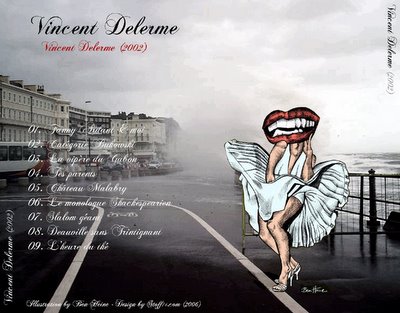
By Stoff Allirot
CD cover - Leaves
CD cover - The Czars

CD cover - Joe Gonzalez
CD cover - Louise Attaque
***
Stoff Allirot

Stoff Design is a Web designer and skilful artist. He created my Website : www.benheine.com
Have a look to his own Website : www.stoff74.com
Stoff Design is a one man operation, leaving complete control of art direction and art creativity in the hands of one person. This provides a more direct and personal connection to each client.
Stoff Design produces innovative solutions for briefs from a wide range of areas, from corporate identity to Websites.
He currently works in association with Digilicious media but he still works as a freelance graphic and Web designer from home and he can also work on site so do not hesitate to contact him for more information or for a free quote.


Speaking in Brussels on Sunday (8 October) and presenting Belgium's premiere of his global-warming documentary "An Inconvenient Truth", Mr Gore pointed out that despite the EU's leadership, the bloc still has a lot to do - in terms of energy saving and reducing CO2 emissions - to face "by far the most serious crisis that we have ever faced."
80 years ago, a legend was born. Although she was known then only as "Norma Jeane", a simple girl with a humble background, she would soon become the greatest star of all time. This year, 2006, marks the 80th anniversary of her birth. Despite the many years that have passed, Marilyn Monroe remains the picture of youth, beauty and elegance.
Marilyn Monroe Collection
Marilyn Monroe at the Internet Movie Database
The Maite Minguez Ricart Collection
Google Images: Marilyn Monroe
See archival newsreels of Marilyn Monroe from Paramount News and Pathe News
TIME 100: Marilyn Monroe
Online community: Marilyn Monroe Forums
Marilyn Monroe's biographic sketch at Find A Grave
Coverage of Monroe's death and aftermath by the Los Angeles Times, with links to further archive material.
Claims by former Los Angeles prosecutor John W. Miner regarding Monroe's death: [11] [12]
An Evening with Marilyn Monroe - Photographs by Doug Kirkland
Filming Location of "NIAGARA"
John Gilmore Marilyn Monroe: A Memoir (Excerpts from a forthcoming book).

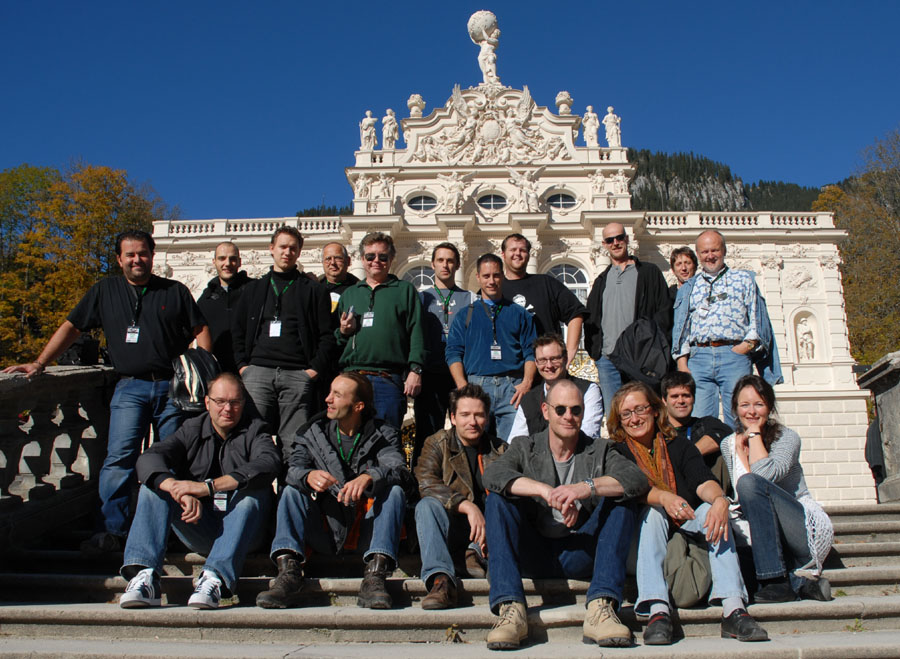
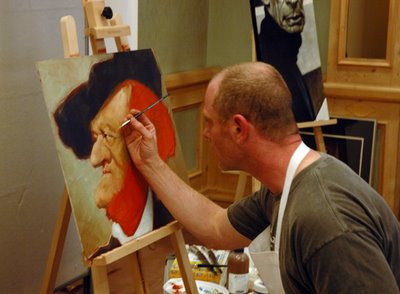
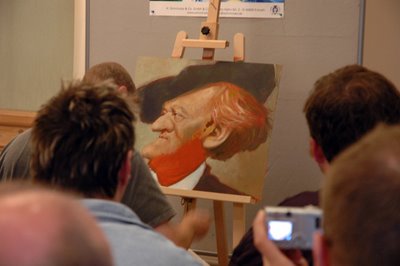
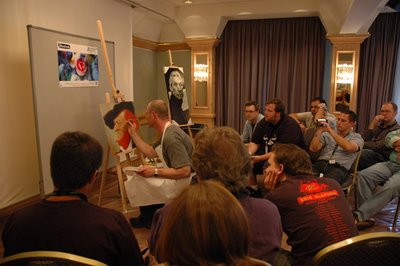
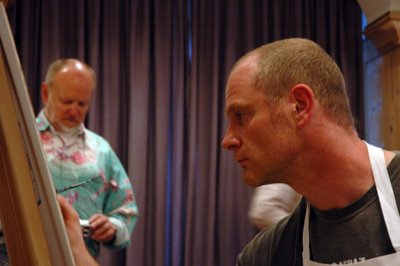
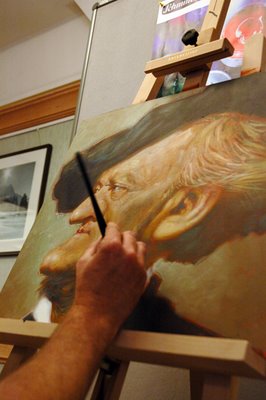
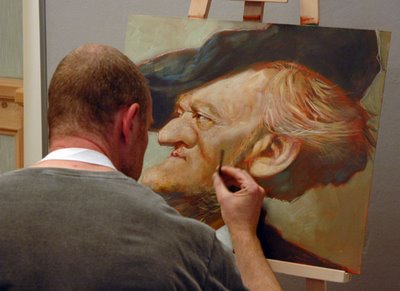

.jpg)



